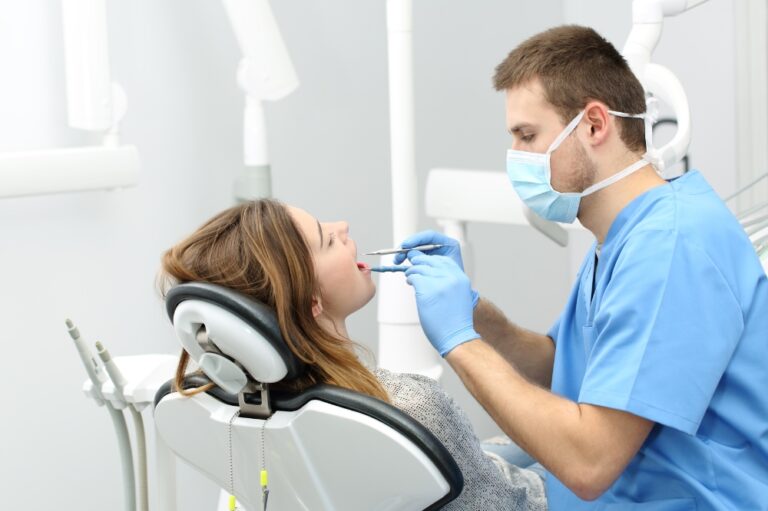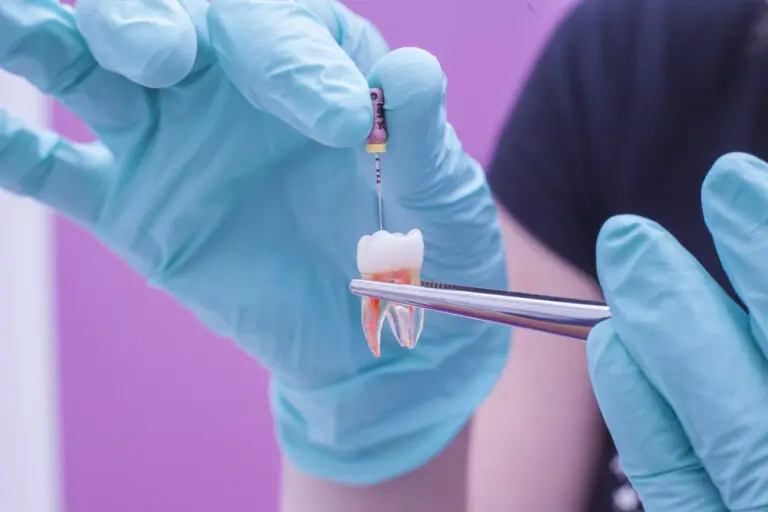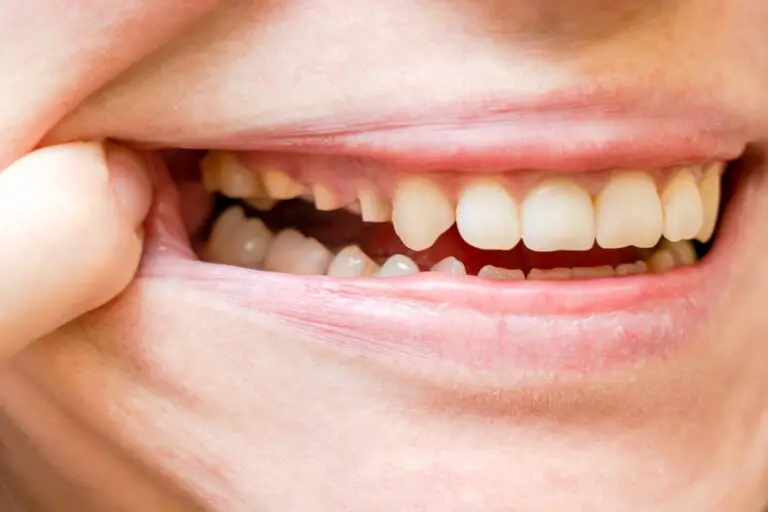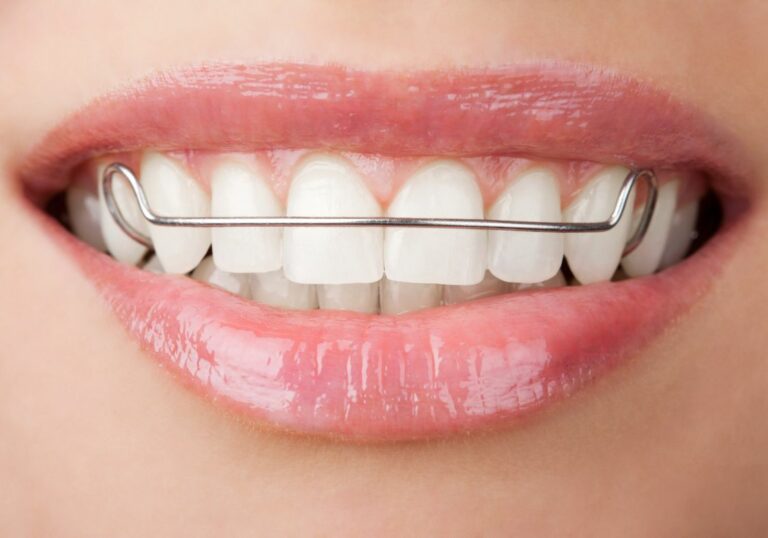If you’re facing wisdom teeth removal, you might be wondering how much time you should take off work. While everyone’s recovery period is different, it’s generally recommended to take at least a day or two off to allow your body to heal. However, some people may require a longer recovery period, up to a week or more.
The length of time you need to take off work will depend on a few factors, including the complexity of your wisdom teeth extraction, your pain tolerance, and the type of work you do. If your job is physically demanding or involves heavy lifting, you may need to take more time off to avoid putting too much strain on your mouth. On the other hand, if you have a desk job that doesn’t require much physical activity, you may be able to return to work sooner.
It’s important to remember that your body needs time to heal after wisdom teeth removal, and pushing yourself too hard too soon can lead to complications and prolong your recovery time. While it may be tempting to return to work as soon as possible, taking the time to rest and recover can help ensure a smoother healing process and a quicker return to your normal routine.
Understanding Wisdom Teeth Removal
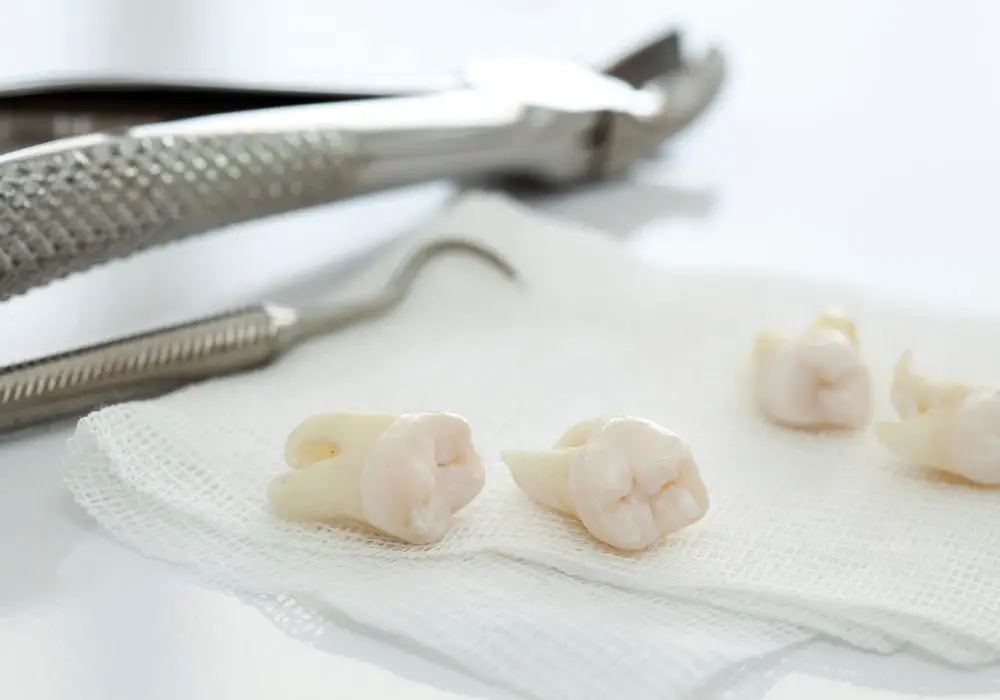
What Is Wisdom Teeth Removal?
Wisdom teeth, also known as third molars, are the last set of teeth to erupt in your mouth. They usually emerge in your late teens or early twenties. However, not everyone develops wisdom teeth. In some people, wisdom teeth may grow normally and not cause any problems. But in others, wisdom teeth may become impacted, meaning they grow sideways or only partially emerge from the gumline.
Wisdom teeth removal is a surgical procedure to remove one or more wisdom teeth. The procedure is usually performed by an oral surgeon or a dentist. It can be done under local anesthesia, sedation, or general anesthesia, depending on the complexity of the extraction and your preference.
Why Is It Necessary?
Wisdom teeth removal may be necessary for several reasons, including:
- Impacted wisdom teeth: If your wisdom teeth are impacted, they can cause pain, swelling, infection, and damage to adjacent teeth and gums.
- Crowding: If your mouth is too small to accommodate your wisdom teeth, they can push against your other teeth and cause crowding, shifting, and misalignment.
- Decay and gum disease: Wisdom teeth are located at the back of your mouth, making them difficult to clean properly. This can lead to decay, gum disease, and bad breath.
- Orthodontic treatment: If you’re undergoing orthodontic treatment, your wisdom teeth may need to be removed to prevent them from interfering with the alignment of your teeth.
In general, wisdom teeth removal is a safe and routine procedure. However, as with any surgery, there are risks involved, such as bleeding, infection, nerve damage, and dry socket. It’s important to follow your dentist’s or surgeon’s instructions before and after the procedure to minimize your risk of complications and ensure a smooth recovery.
Recovery Time After Wisdom Teeth Removal
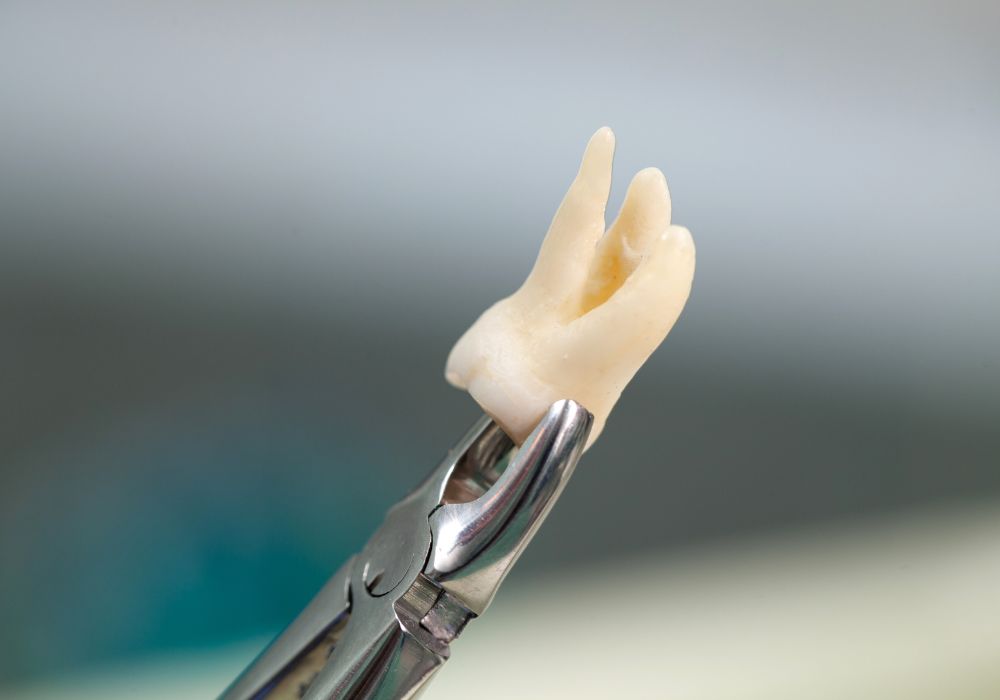
If you’re planning to have your wisdom teeth removed, you’re probably wondering how long it will take to recover. Recovery time can vary from person to person, but there are some general guidelines that may help you plan your time off work.
Average Recovery Time
After wisdom teeth removal, it usually takes about 7-10 days for the swelling to go down and for you to feel like yourself again. However, it can take up to two weeks to fully recover. During this time, it’s important to take care of your mouth to prevent infection and promote healing.
Factors Influencing Recovery Time
Several factors can influence how long it takes to recover from wisdom teeth removal. These include:
- Number of teeth removed: The more teeth you have removed, the longer it may take to recover.
- Difficulty of the extraction: If your wisdom teeth are impacted or if the extraction is otherwise complicated, it may take longer to recover.
- Age: Younger people tend to recover more quickly than older people.
- Overall health: If you have any underlying health conditions, it may take longer to recover.
To help speed up your recovery time, follow your dentist’s instructions carefully. This may include taking pain medication, using ice packs to reduce swelling, and avoiding certain foods and activities. You should also plan to take a few days off work to rest and recover.
In summary, the average recovery time after wisdom teeth removal is about 7-10 days, but it can take up to two weeks to fully recover. Several factors can influence recovery time, including the number of teeth removed, the difficulty of the extraction, age, and overall health. To promote healing and speed up recovery, follow your dentist’s instructions carefully and plan to take a few days off work to rest.
Taking Time off Work
If you’re planning to have your wisdom teeth removed, you may be wondering how much time you’ll need to take off work. Here are some things to consider:
Importance of Rest
Rest is essential after wisdom teeth removal. Your body needs time to heal, and too much activity can slow down the process. Taking time off work gives you the opportunity to rest and recover without any added stress or pressure.
How Much Time Is Usually Needed?
The amount of time you need to take off work will depend on the complexity of the procedure and your body’s ability to heal. In general, most people can return to work within a few days to a week after the procedure.
Here are some general guidelines for how much time you may need to take off work based on the type of job you have:
| Job Type | Time off Needed |
|---|---|
| Sedentary (office job) | 1-2 days |
| Light physical labor (retail, food service) | 3-4 days |
| Heavy physical labor (construction, warehouse) | 5-7 days |
Keep in mind that these are just general guidelines. Your dentist or oral surgeon will be able to give you a better idea of how much time you’ll need to take off work based on your specific situation.
In summary, taking time off work after wisdom teeth removal is important for your body to rest and heal. The amount of time you need to take off work will depend on the complexity of the procedure and your job type. Be sure to follow your dentist or oral surgeon’s recommendations for the best possible outcome.
Planning Your Time Off
Discussing with Your Employer
Before scheduling your wisdom teeth removal, it’s important to discuss your time off with your employer. Let them know that you will need to take some time off work to recover from the procedure. This will give them time to prepare for your absence and make arrangements for someone to cover your work while you are away.
Be honest with your employer about the expected length of your recovery period. Most people will need at least a few days off work, but some may need up to a week or more. If you work in a physically demanding job, you may need to take more time off to avoid complications.
Arranging for Care
It’s important to arrange for care before your wisdom teeth removal procedure. You will need someone to drive you home after the surgery, and you may need someone to care for you for the first few days while you recover.
Consider asking a family member or close friend to help you during your recovery period. Make sure they are available to drive you home from the surgery and can stay with you for at least the first day or two. You may also want to ask them to help with household chores and errands while you are recovering.
If you are unable to find someone to help you, consider hiring a professional caregiver. Many home health agencies offer post-surgery care services, including transportation, meal preparation, and personal care. Check with your insurance provider to see if these services are covered under your plan.
Remember to plan ahead and make arrangements for your time off work and care before your wisdom teeth removal procedure. This will help ensure a smooth and stress-free recovery period.
Returning to Work

After wisdom teeth removal, you may need to take some time off work to recover. Typically, most patients can return to work within two to three days of the procedure. However, the nature of your job and the extent of your surgery can impact the length of time you need to take off work.
Signs You Are Ready
It is important to listen to your body and not rush back to work too soon after your wisdom teeth removal. Here are some signs that you are ready to return to work:
- You are no longer experiencing severe pain or discomfort
- You are able to eat and drink normally
- You are no longer taking prescription pain medication
- You are able to speak without difficulty
- Your swelling has gone down significantly
If you are experiencing any of these symptoms, it may be best to wait a few more days before returning to work.
Coping with Discomfort at Work
Returning to work after wisdom teeth removal can be uncomfortable, but there are some things you can do to make the transition easier:
- Schedule your return to work on a Thursday or Friday to give yourself a long weekend to recover
- Avoid strenuous activity and heavy lifting
- Bring a cold compress to work to help with swelling
- Take over-the-counter pain medication as needed
- Drink plenty of water and avoid hot or spicy foods
Remember, it is important to take care of yourself after wisdom teeth removal. If you experience any complications or severe pain, contact your oral surgeon immediately.
Frequently Asked Questions
When can you go back to work after tooth extraction?
The recovery time after wisdom teeth removal varies from person to person. Your dentist or oral surgeon will provide you with specific post-operative instructions, including when you can return to work. Generally, you should be able to return to work within a few days after the procedure. However, if your job involves strenuous physical activity, you may need to take more time off to recover.
How to speed up wisdom teeth recovery?
To speed up your wisdom teeth recovery, you should follow the aftercare instructions provided by your dentist or oral surgeon. This may include taking prescribed pain medication, applying ice to reduce swelling, and rinsing your mouth with saltwater. Additionally, you should avoid smoking, drinking alcohol, and using a straw, as these activities can delay healing.
How long until you can talk after tooth extraction?
You may experience some difficulty speaking immediately after your wisdom teeth removal. This is normal and should improve within a few days. However, if you experience persistent difficulty speaking or notice any other unusual symptoms, contact your dentist or oral surgeon.
Day by day wisdom teeth recovery timeline?
The recovery timeline after wisdom teeth removal varies from person to person. Generally, you can expect to experience some discomfort and swelling for the first few days after the procedure. By the third day, you should begin to feel more comfortable and be able to resume normal activities. However, full recovery can take up to two weeks.
How long does it take for wisdom teeth to heal with stitches?
If your dentist or oral surgeon used stitches to close the incision site, it may take up to two weeks for the stitches to dissolve and the incision to fully heal. During this time, you should avoid eating hard or crunchy foods, as well as spicy or acidic foods that may irritate the incision site.
What can you do 7 days after wisdom teeth removal?
By the seventh day after your wisdom teeth removal, you should be able to resume normal activities, including eating solid foods and brushing your teeth. However, you should continue to avoid smoking, drinking alcohol, and using a straw, as these activities can delay healing. Additionally, if you experience any unusual symptoms or have concerns about your recovery, contact your dentist or oral surgeon.

